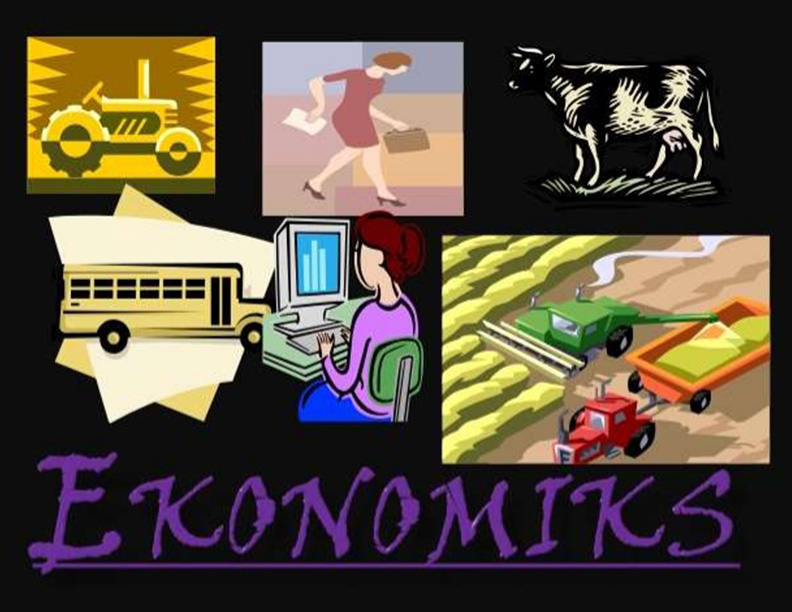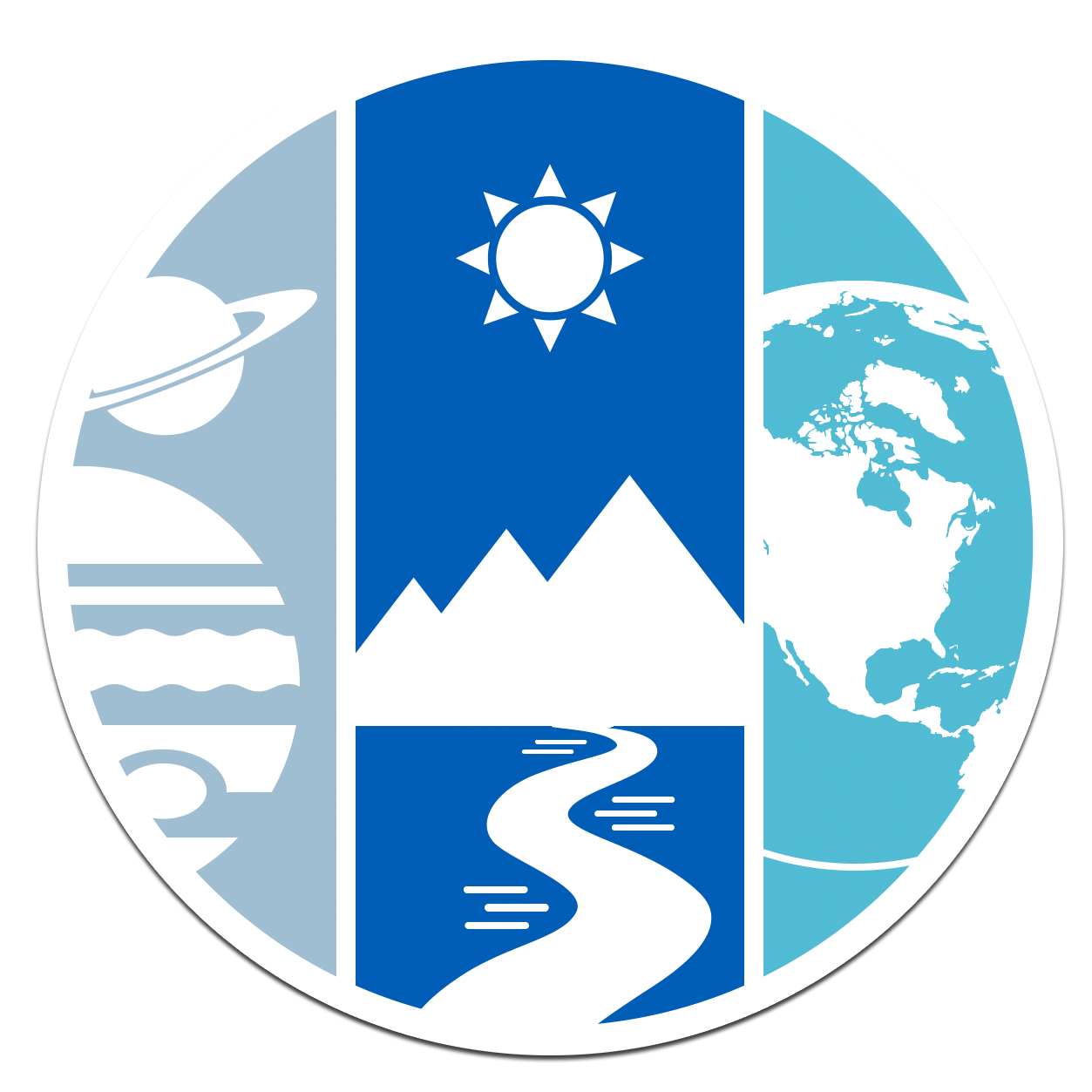Ang kursong ito ay nakatuon sa pag-unawa sa mga pangunahing kaisipan at napapanahong isyu sa ekonomiks at pambansang pag-unlad gamit ang mga kasanayan at pagpapahalaga ng mga disiplinang panlipunan tungo sa paghubog ng mamamayang mapanuri , mapagnilay, mapanagutan, makakalikasan, produktibo, makatarungan, at makataong mamamayan ng bansa at daigdig.

- Teacher: Jocelyn Galido
- Teacher: Maria Paz S. Tee
Ang nilalaman at istraktura ng Edukasyon sa Pagpapakatao ay nakaankla sa dalawang disiplina: Ethics at Career Guidance. Ang Etika ay ang siyensya ng moralidad ng kilos ng tao. Samantalang Career Guidance naman ang paggabay sa mag-aaral na magpasiya ng kursong akademiko, sining at isports o teknikalbokasyonal na tugma sa kanyang mga talento, kakayahan at aptitude at mga trabahong kailangan ng industriya.

- Teacher: Crystelle Jane Perez Alferez
- Teacher: Irish B Josue
This course is intended in congruence to the K-12 Curriculum Guide for English which aims to hone and develop the student’s communication skills while learning the Anglo-American Literature. The students will learn the different domain of reading, listening, and viewing comprehension as well as the vocabulary enrichment, literature, writing and composition, oral language fluency and grammar awareness while learning the English and American literature. By the end of the Journey, they will become better and more responsible users of the English language.

- Teacher: Arla Pabilonia
Ang mag-aaral ay masining na nakapagtatanghal ng kulturang Asyano batay sa napiling mga akdang pampanitikang Asyano

- Teacher: Kyla Jean J Zamora
At the end of the course, students must be able to demonstrate understanding of key concepts and principles of patterns and algebra (quadratic equations and inequalities, quadratic functions, rational algebraic equations, variations, and radicals) and geometry (parallelograms and triangle similarities and basic concepts of trigonometry) as applied - using appropriate technology - in critical thinking, problem solving, reasoning, communicating, making connections, representations, and decisions in real life.

- Teacher: Rizalina Sales Bermudez
- Teacher: Rhodora Mole
- Teacher: Ellen Mae Nasayao
- Teacher: Irish Villanueva
Learners can identify volcanoes and distinguish between active and inactive ones. They can explain how energy from volcanoes may be tapped
for human use. They are familiar with climatic phenomena that occur on a global scale. They can explain why certain constellations can be seen
only at certain times of the year.

- Teacher: Lou Valerie Latina Blanco
- Teacher: Gary Ed Flores
This course provides an in-depth understanding of the principles, methods, and techniques involved in food processing. Students will explore various food preservation and preparation methods, the science behind food safety, and the importance of maintaining nutritional quality. The course highlights integrating technology and sustainability in modern food processing practices.
Learning Objectives:
By the end of this course, students will:
- Understand the principles of food processing and preservation.
- Identify different food processing methods (thermal, non-thermal, mechanical, chemical).
- Learn how to select appropriate raw materials for specific food processing methods.
- Knowledge about the role of pectin, acid, sugar, and other components in processed foods.
- Understand the importance of hygiene, food safety, and proper handling of tools and equipment.
- Teacher: Maydell Danac - Pablo